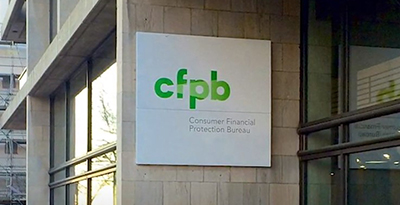
CFPB Moves to Reduce Junk Fees Charged by Debt Collectors

The Consumer Financial Protection Bureau issued an advisory opinion affirming that federal law often prohibits debt collectors from charging “pay-to-pay” fees.
These charges, commonly described by debt collectors as “convenience fees,” are imposed on consumers who want to make a payment in a particular way, such as online or by phone.
“Federal law generally forbids debt collectors from imposing extra fees not authorized by the original loan,” said CFPB Director Rohit Chopra. “Today’s advisory opinion shows that these fees are often illegal, and provides a roadmap on the fees that a debt collector can lawfully collect.”
The advisory opinion interprets the language in Section 808 of the Fair Debt Collection Practices Act, which prohibits debt collectors from collecting any amount that is not expressly authorized by the underlying agreement or permitted by law. The FDCPA was passed in 1977 in response to widespread abuses in the debt collection industry, which Congress acknowledged was not subject to appropriate regulation under existing laws at the time. In 2010, the Consumer Financial Protection Act transferred primary responsibility for the FDCPA, including issuing regulations and ensuring compliance, to the CFPB.
The advisory opinion covers the following on debt collection practices:
• Identifies scope of illegal fees: The collection of any fee is prohibited unless the fee amount is in the consumer’s contract or affirmatively permitted by law.
• Affirms that silence in the law is not an authorization: A debt collector may only collect a fee when it is authorized by the agreement creating the debt or is “permitted by law.” Where no law expressly authorizes a fee, it is not “permitted by law,” even if no law expressly prohibits it.
• Clarifies role of payment processors: Debt collectors violate the FDCPA when using payment processors who charge unauthorized fees at a minimum if the debt collector receives a kickback from the payment processor.
The Advisory Opinion can be accessed here.
